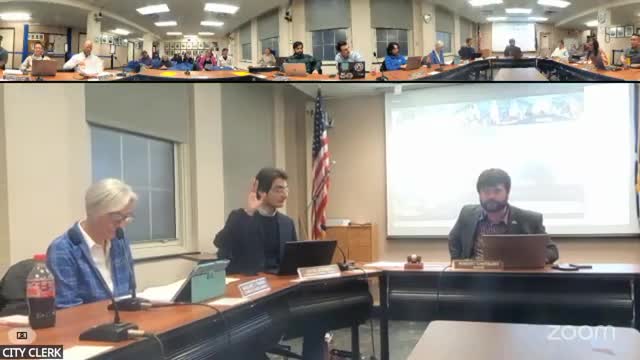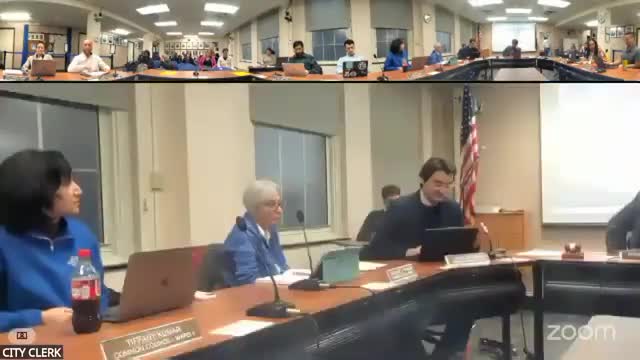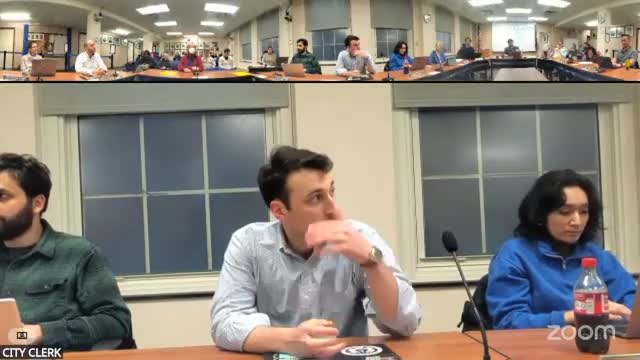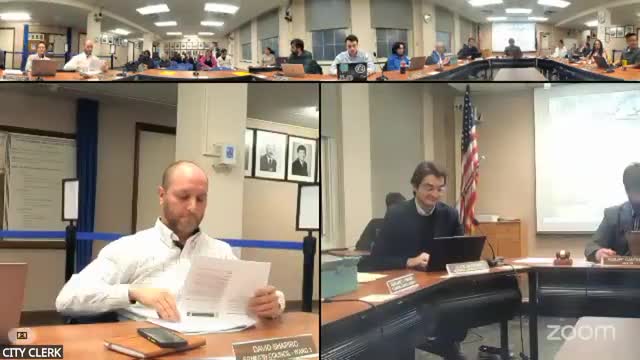Article not found
This article is no longer available. But don't worry—we've gathered other articles that discuss the same topic.

Votes at a glance: council advances housing sale, encampment policy, leases and grants

Council approves South Aurora mural project; designers reference Underground Railroad quilt motifs

Public hearing on flood damage prevention highlights notification and basement concerns

Residents split on owner-occupancy rule as council considers ADU changes

Council moves to authorize sale of 205 West MLK to INHS for affordable housing

